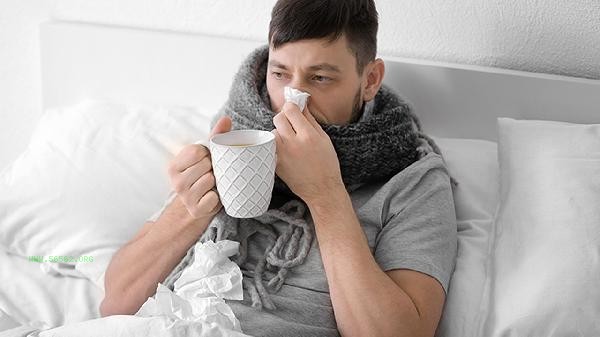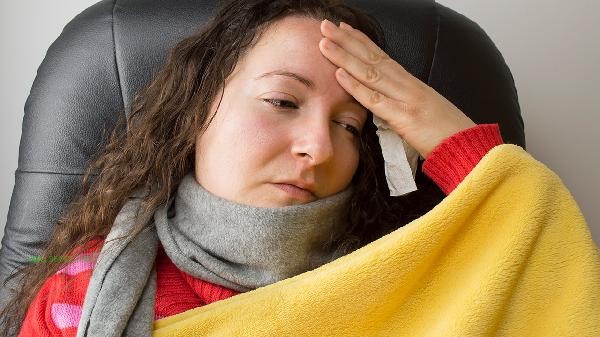Not having a fever, muscle and joint soreness may be related to overwork, lack of warm-up exercise, malnutrition, rheumatoid arthritis, osteoporosis, and other reasons. Suggest adjusting lifestyle based on specific reasons and seeking medical examination if necessary.

1. Overwork
After prolonged physical labor or vigorous exercise, muscles and joints may experience soreness due to lactate accumulation or minor injuries. This situation can usually be relieved by resting for 1-2 days, and appropriate hot compress or massage can help improve local blood circulation. Daily attention should be paid to balancing work and rest, and exercise gradually.
2. Lack of exercise warm-up
When suddenly engaging in high-intensity exercise without sufficient warm-up, muscles and joints are prone to soreness due to sudden stretching. Before exercising, dynamic stretching should be done for 10-15 minutes, such as high leg lifts, joint wraps, etc. It is recommended to perform static stretching after exercise to help muscles relax and recover.
3. Nutritional deficiencies
Long term lack of calcium, vitamin D, or protein may affect muscle and joint health. Daily intake of foods such as milk, eggs, and deep-sea fish can be increased in moderation. Middle aged and elderly people may consider supplementing calcium and vitamin D under the guidance of a doctor, but excessive supplementation should be avoided.

4. Rheumatic arthritis
Early rheumatoid arthritis may only present with joint soreness and stiffness without fever symptoms. Be alert for joint stiffness that lasts for more than 30 minutes in the morning, which is common in areas such as fingers and knees. Diagnosis requires a combination of blood tests such as rheumatoid factor testing and imaging examinations. Treatment often includes anti rheumatic drugs such as methotrexate and leflunomide tablets.
5. Osteoporosis
Bone loss in the early stage may manifest as unexplained soreness and pain throughout the body, commonly seen in postmenopausal women and elderly people. It is recommended to undergo bone density testing, which can be prevented through daily activities such as weight-bearing exercise and sun exposure. In severe cases, anti osteoporosis drugs such as alendronate sodium and zoledronic acid should be used under the guidance of a doctor. People with long-term muscle and joint soreness should maintain a regular schedule and avoid sitting for long periods of time. Pay attention to balanced nutrition in diet, and increase the intake of foods rich in calcium and high-quality protein in moderation. It is recommended to engage in 3-5 low impact exercises such as swimming, cycling, etc. every week, and to warm up and stretch before and after exercise. If the soreness persists for more than two weeks or is accompanied by symptoms such as joint swelling and limited mobility, it is necessary to seek medical attention promptly at the rheumatology and immunology department or orthopedic department, and complete relevant examinations to determine the cause. For those who experience significant soreness and pain at night, they can try soaking their feet in hot water before bedtime to promote local blood circulation.










Comments (0)
Leave a Comment
No comments yet
Be the first to share your thoughts!